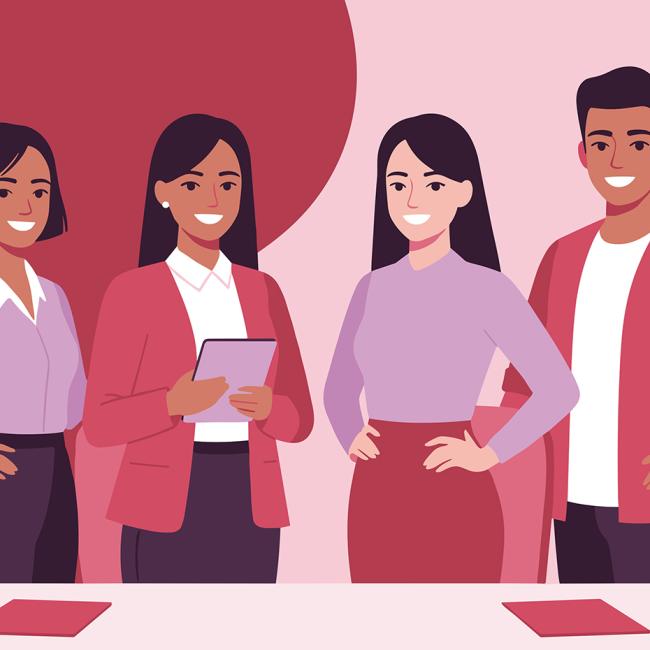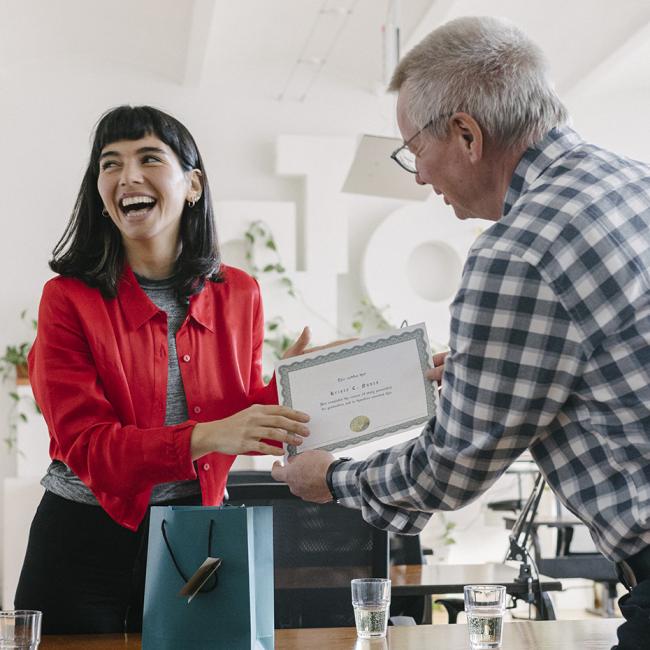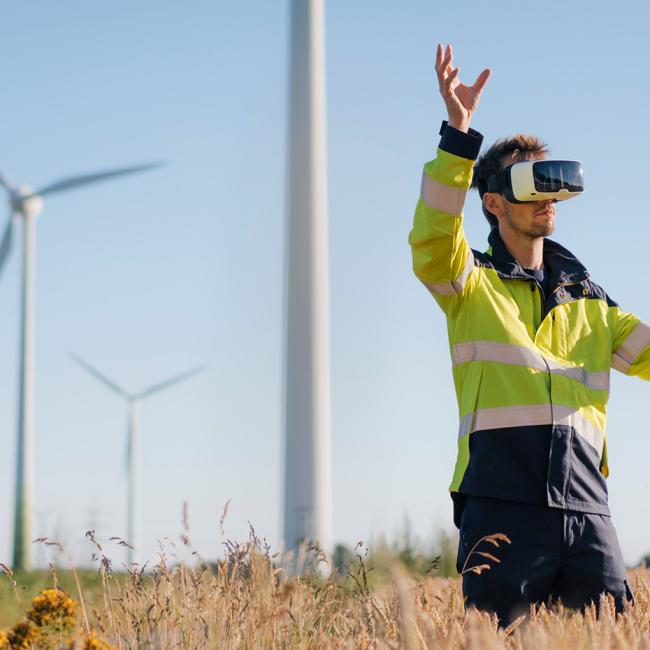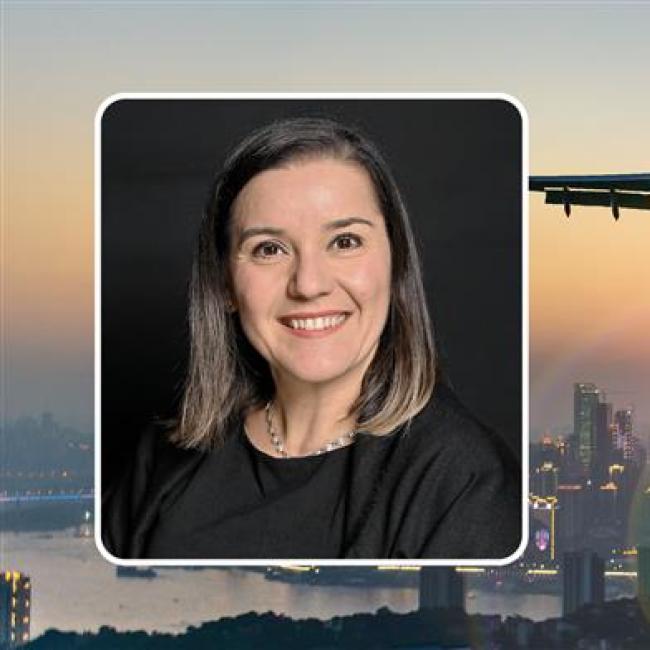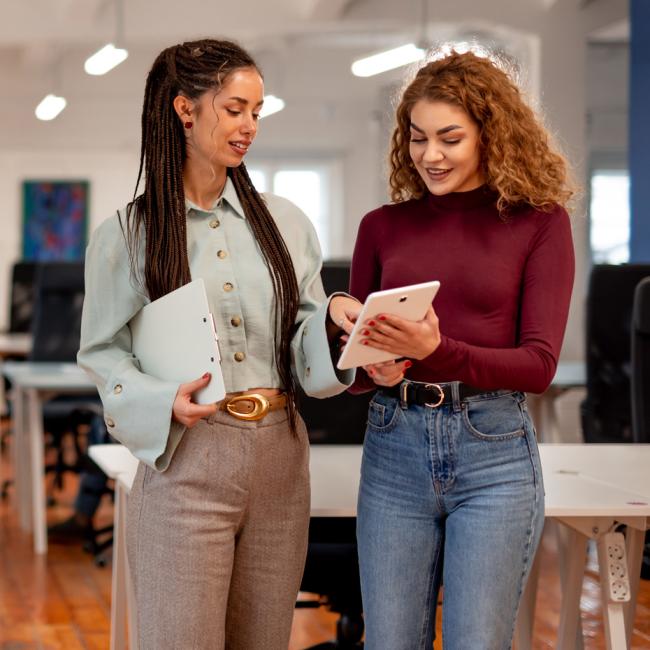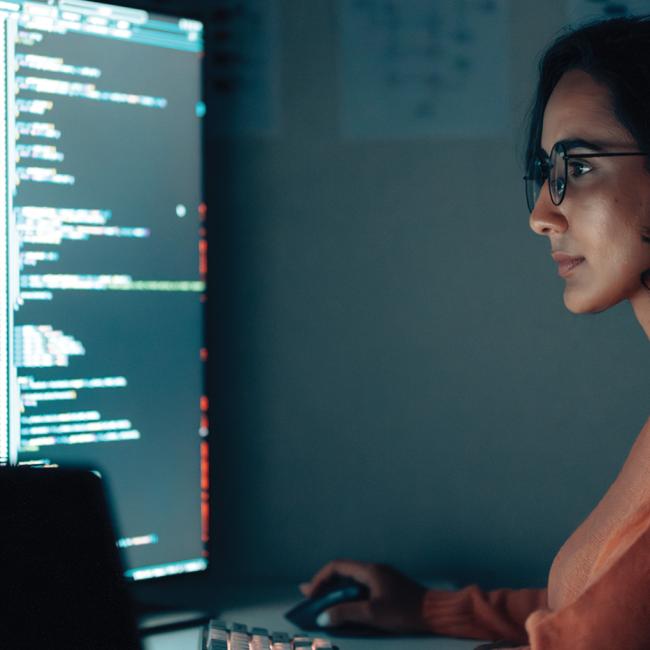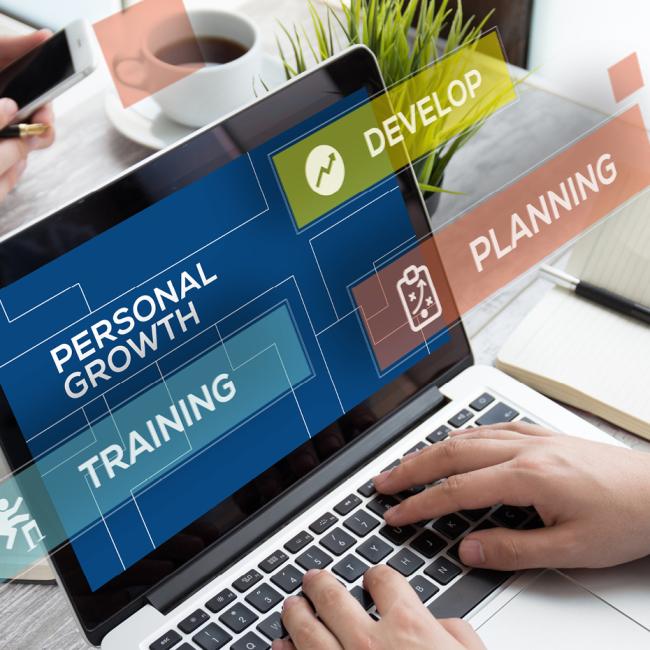Working & Learning
Georgia Tech's Role in Lifelong Learning
Longer life spans, coupled with a rapidly changing society and workforce, are the drivers behind the need for work-related training throughout a lifetime. For many working adults, ongoing professional education is the key element to both their personal and career growth. Today’s workers, regardless of experience, should understand the value of continued professional development and pursue it throughout their careers.
What’s your current career situation? What kind of learner are you? From short courses to boot camps, professional certificates, and degrees, Georgia Tech Professional Education is a resource to serve the entire workforce at every career stage and goal.
Professional Learning Tips
Adult learning is no walk in the park. Going back to a formal learning environment can be daunting for working professionals even if they’re top achievers in their jobs. Balancing work, life, and family while pursuing professional education can be a challenge, but you can overcome it. Check out our top tips to make pursuing your career goals a little easier.

